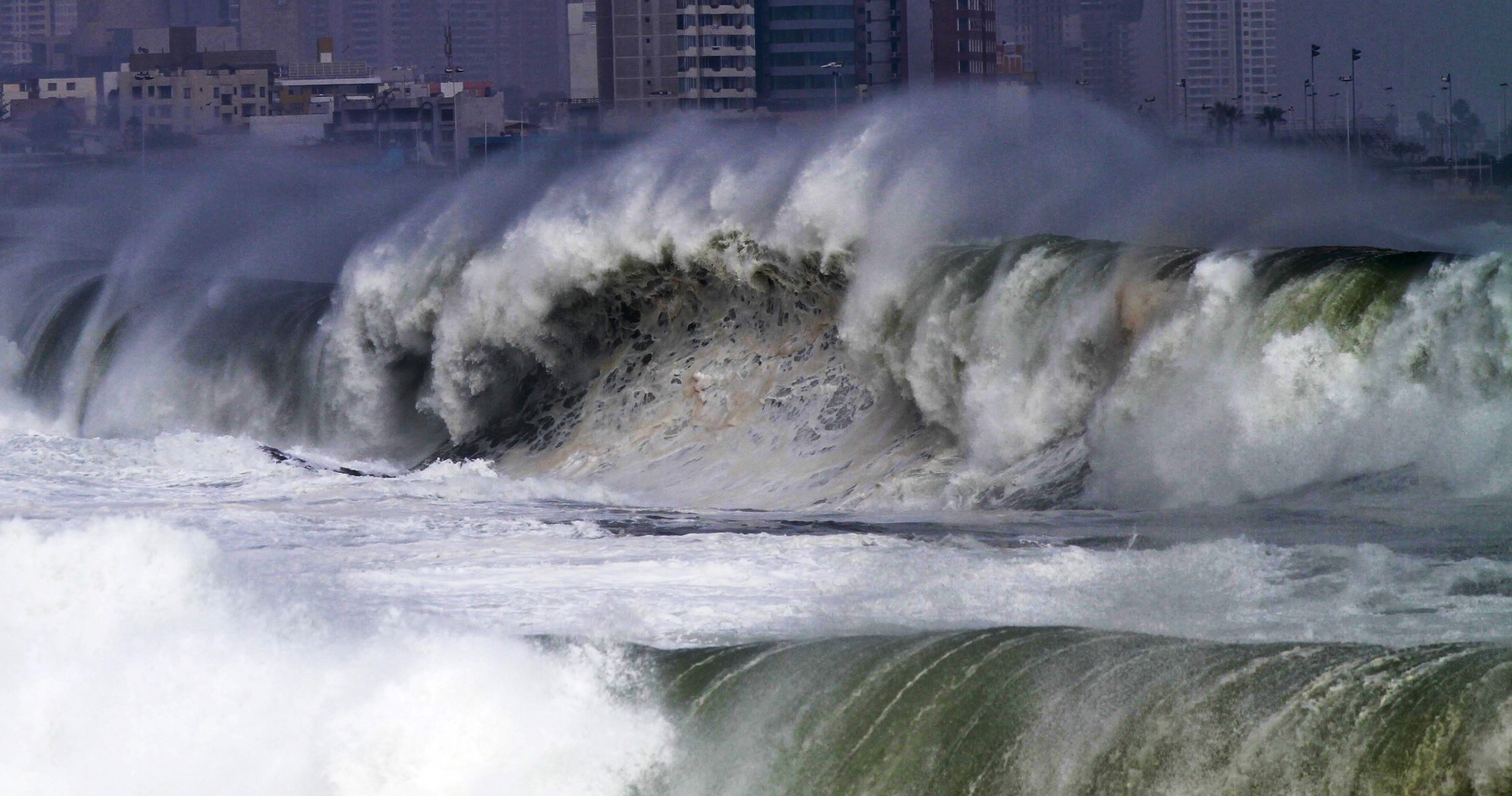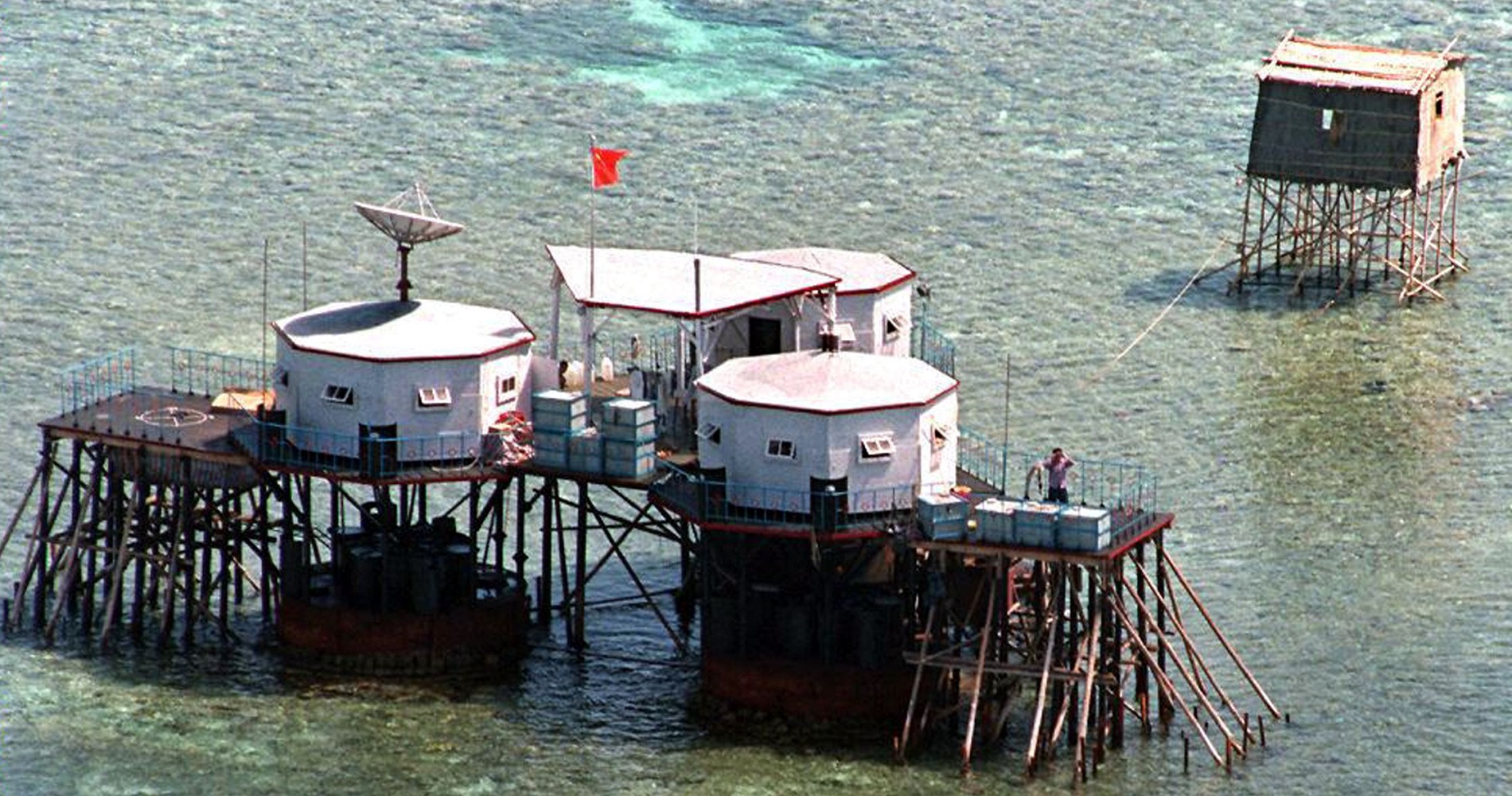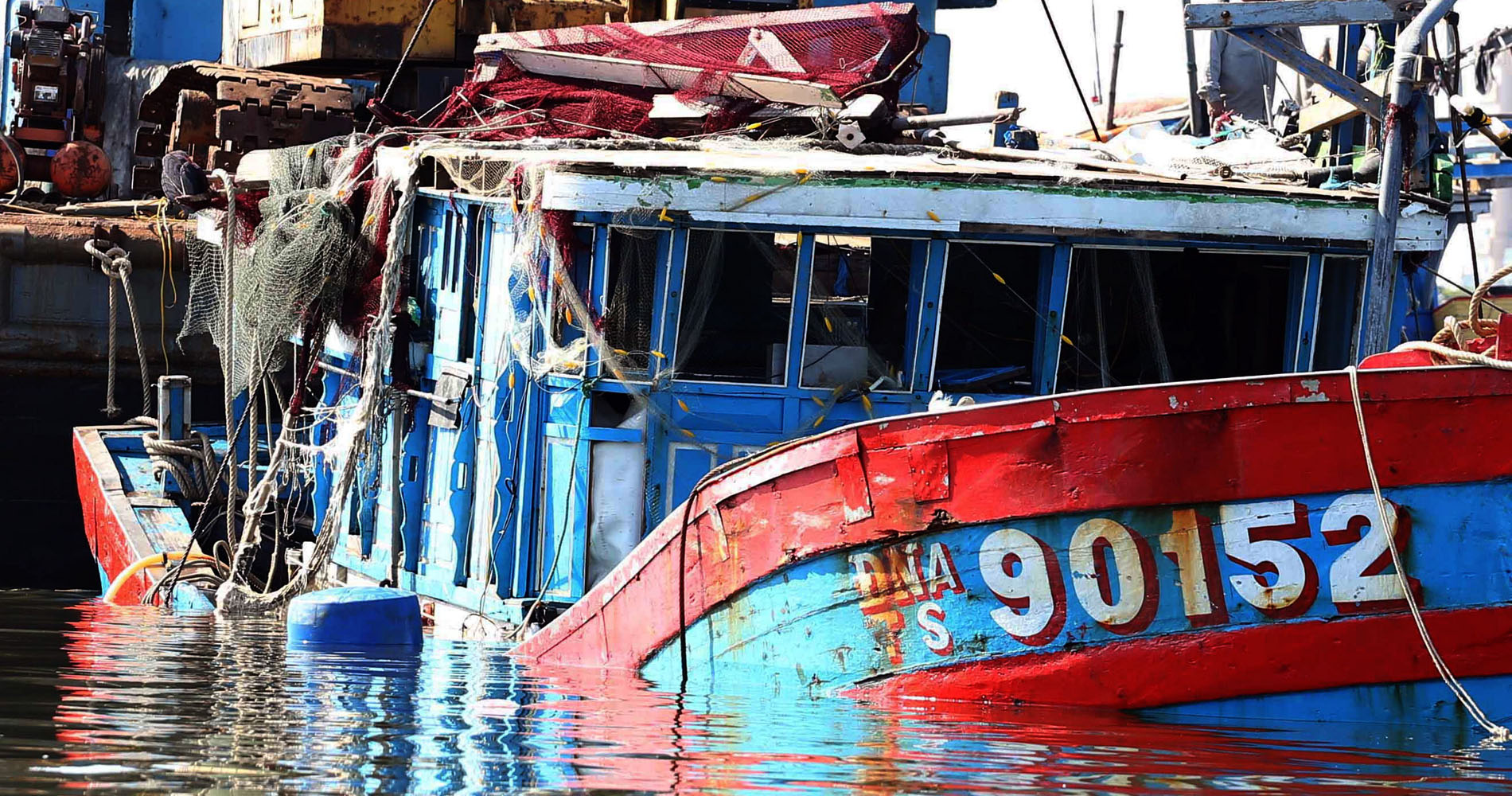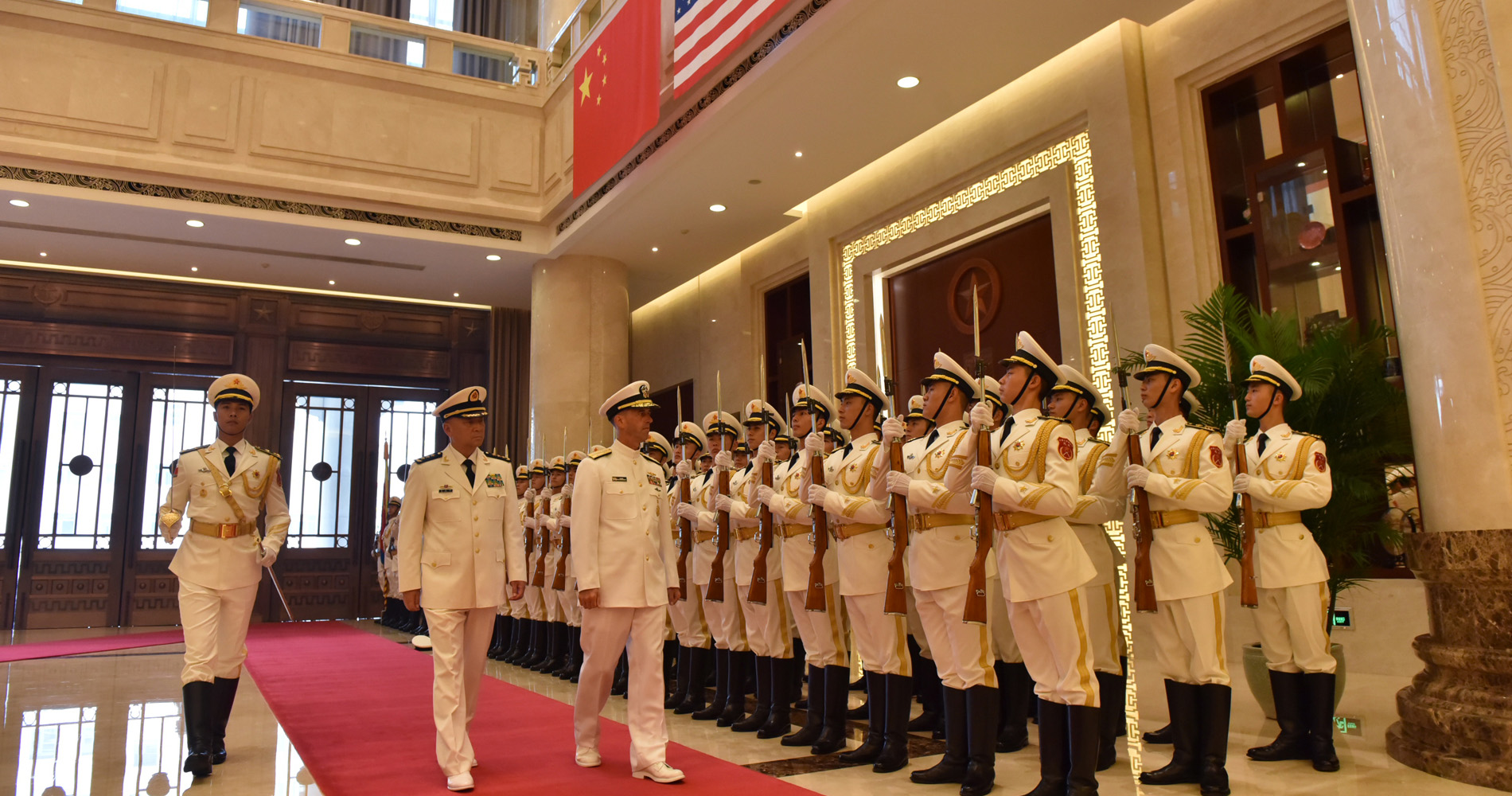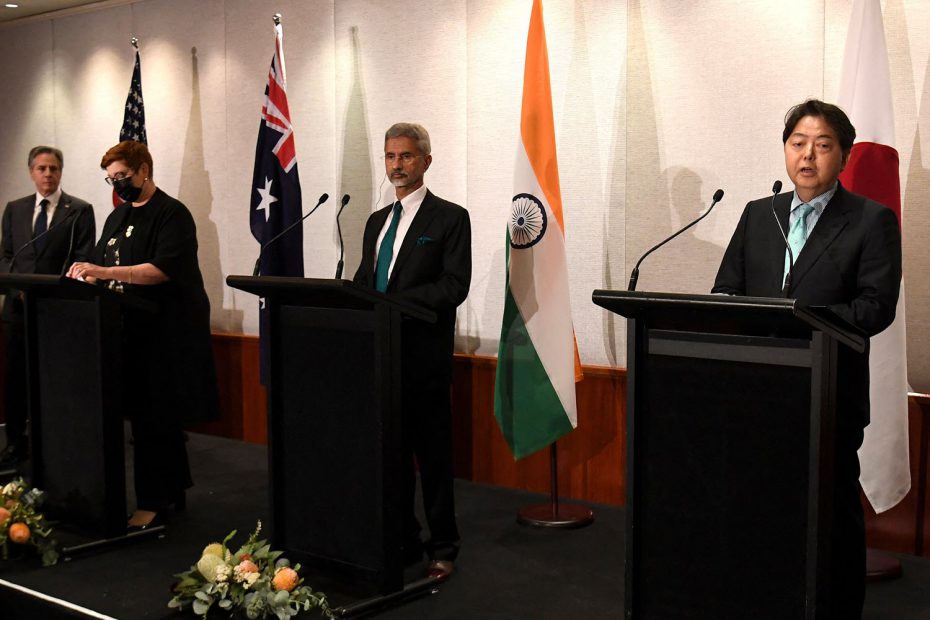Asia’s Seas Roar Anew: U.S. Maritime Challenges in the Indo-Asia Pacific
Sea lanes are one of the Asia-Pacific’s six “geopolitical stakes” according to Walter McDougall’s magisterial Let the Sea Make a Noise: A History of the North Pacific from Magellan to MacArthur. His interpretative history argues that sea lanes tied together the contest for the region’s other five “great prizes”: the west coast of North America, Alaska, Hawaii, Manchuria, and eastern Siberia. With the possible exception of Chinese immigrants encroaching on eastern Siberia, sovereignty over these land features along the Asia-Pacific rim is unlikely to be contested again as it was on and off for roughly two centuries until 1945. However,… Read More »Asia’s Seas Roar Anew: U.S. Maritime Challenges in the Indo-Asia Pacific
